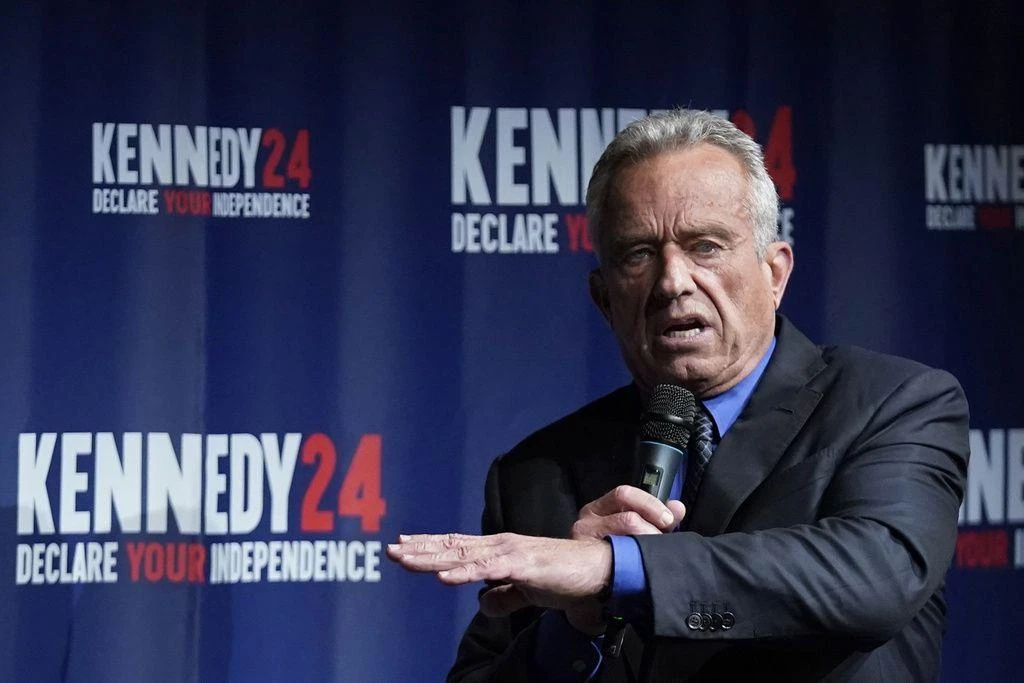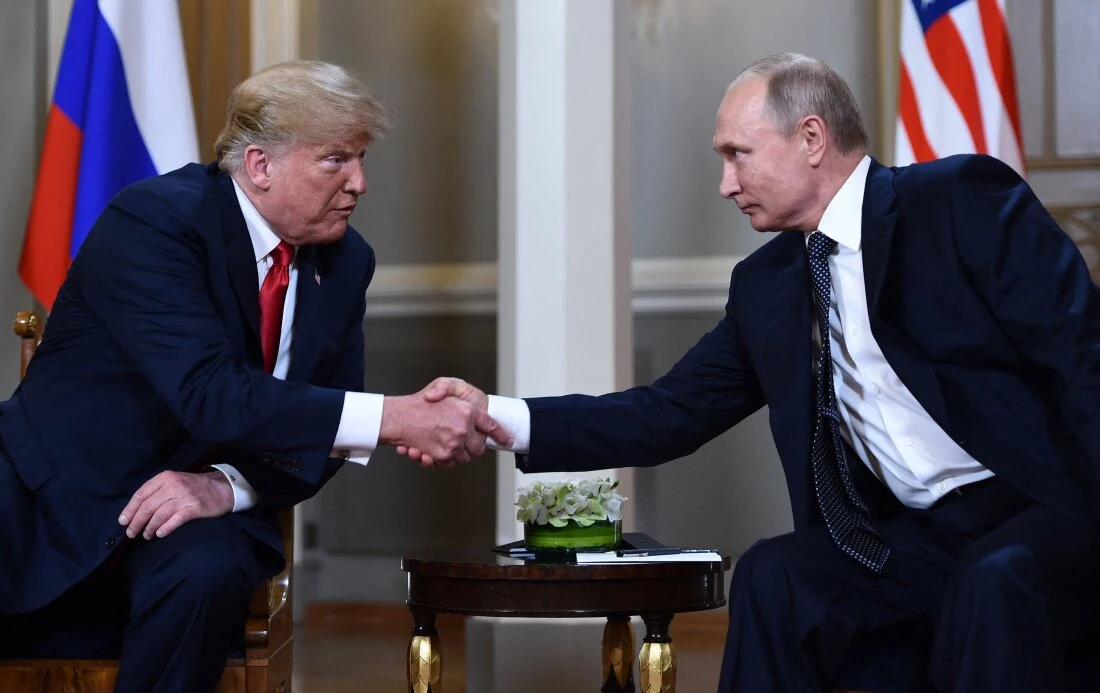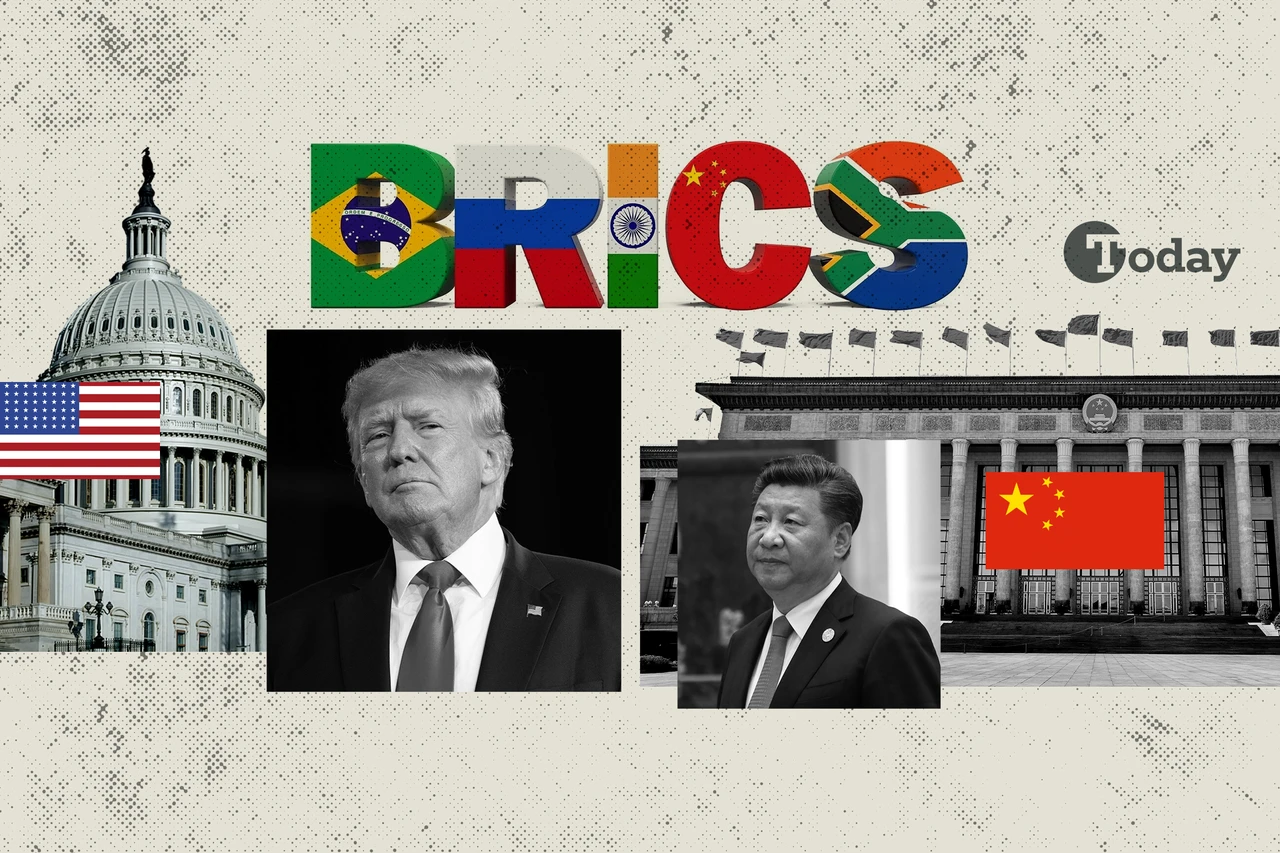RFK Jr.’s unlikely bid and its profound impact on American politics

Robert F. Kennedy Jr., descendant of Kennedy family, is running for president in an independent bid, sparking debate about role of third-party candidates in deeply polarized political landscape
Robert F. Kennedy Jr., descendant of one of the nation’s most renowned political dynasties, steps onto the national stage with an independent presidential bid, capturing attention and sparking debate about the role of third-party candidates in a deeply polarized landscape.
While marked by fervent support and a formidable campaign apparatus, Kennedy’s candidacy faces daunting odds in the quest for the Oval Office. The United States has a long history of rejecting independent or third-party presidential contenders, with the last successful nominee from a third party being Abraham Lincoln. The most successful independent candidate, however, was Theodore Roosevelt, winning 27% of the votes in the election of 1912.
Kennedy’s path to victory was hindered by the logistical challenges of securing ballot access in all 50 states, as well as the inherent barriers posed by a political system designed to favor the two major parties.
Despite the slim likelihood of electoral success, Kennedy’s presence in the race carries significant implications for the American political landscape. As he crisscrosses the country, rallying supporters and amplifying his message of corporate accountability and social justice, Kennedy serves as a potent reminder of the dissatisfaction and disillusionment that many Americans feel with the status quo.
His candidacy shines a spotlight on the limitations of the two-party system, which often stifles alternative voices and marginalizes dissenting perspectives. By challenging the entrenched duopoly of Republican and Democratic dominance, Kennedy’s campaign offers a platform for voices that are often overlooked or marginalized in mainstream political discourse.
Moreover, Kennedy’s bid underscores the enduring legacy of the Kennedy family and its indelible imprint on American politics. From his uncle’s historic presidency to his father’s crusade for social justice, Kennedy embodies a tradition of public service and political activism that resonates with millions of Americans across the country.
As the 2024 election cycle unfolds, the significance of Robert F. Kennedy Jr.’s candidacy extends far beyond the realm of electoral politics. Regardless of the outcome, his presence in the race challenges conventional wisdom and forces a reexamination of the fundamental dynamics that shape American democracy
Source: Newsroom



